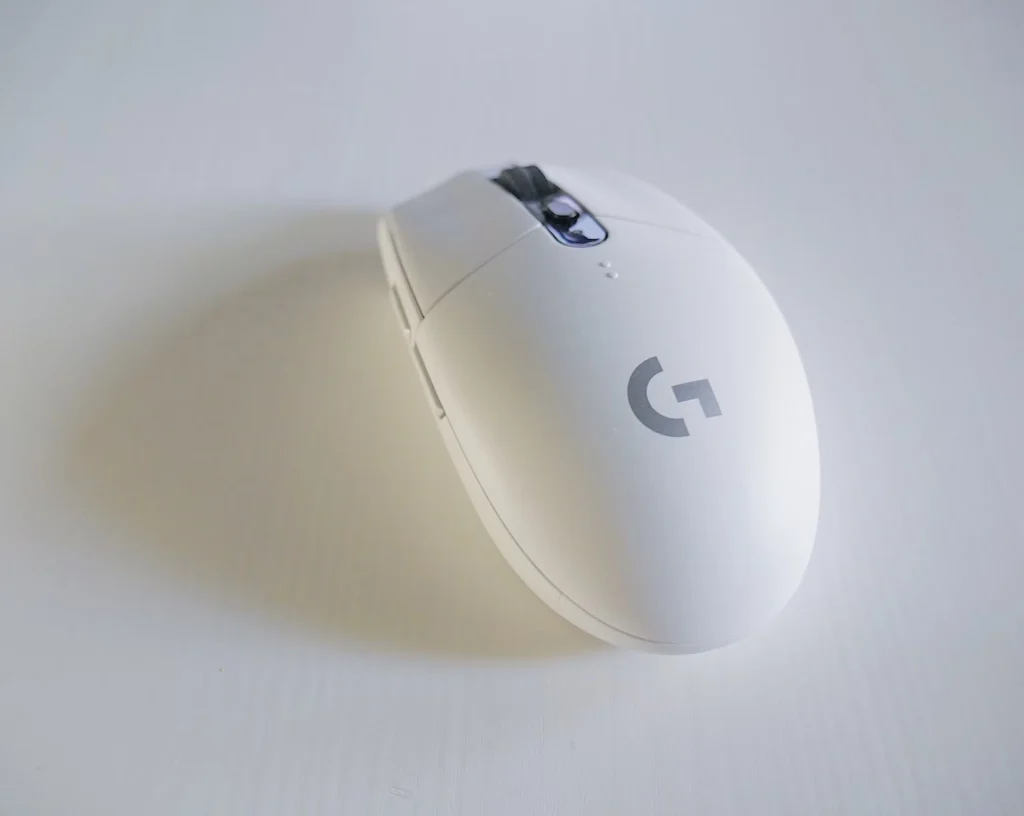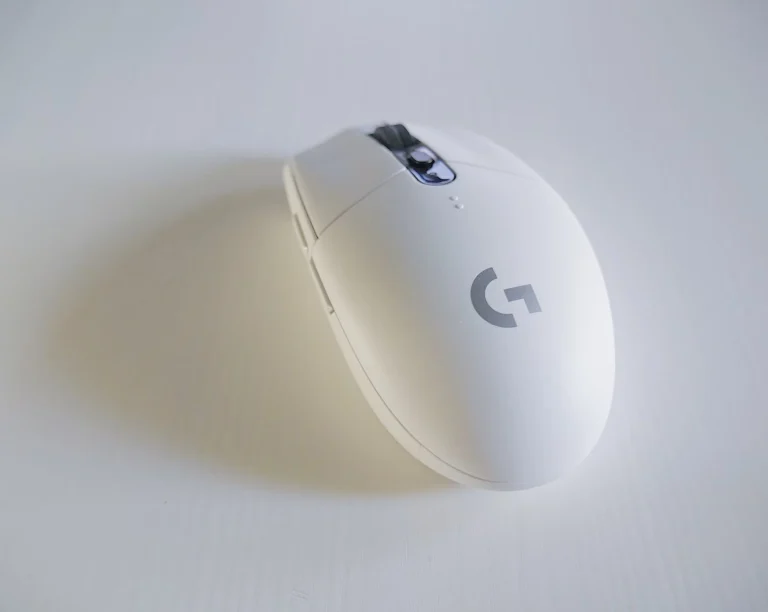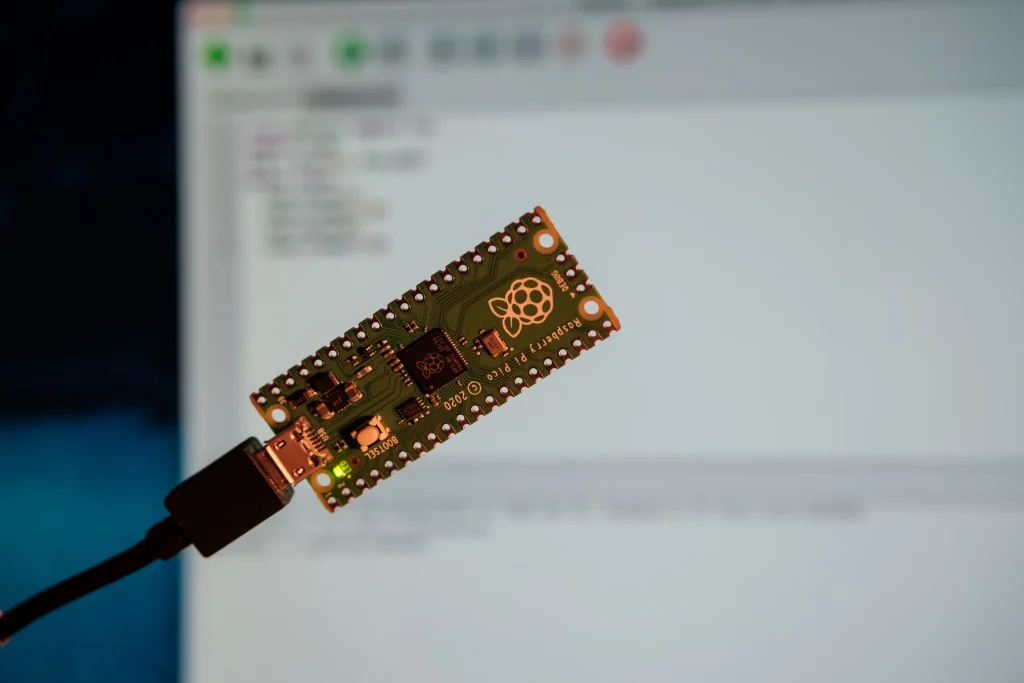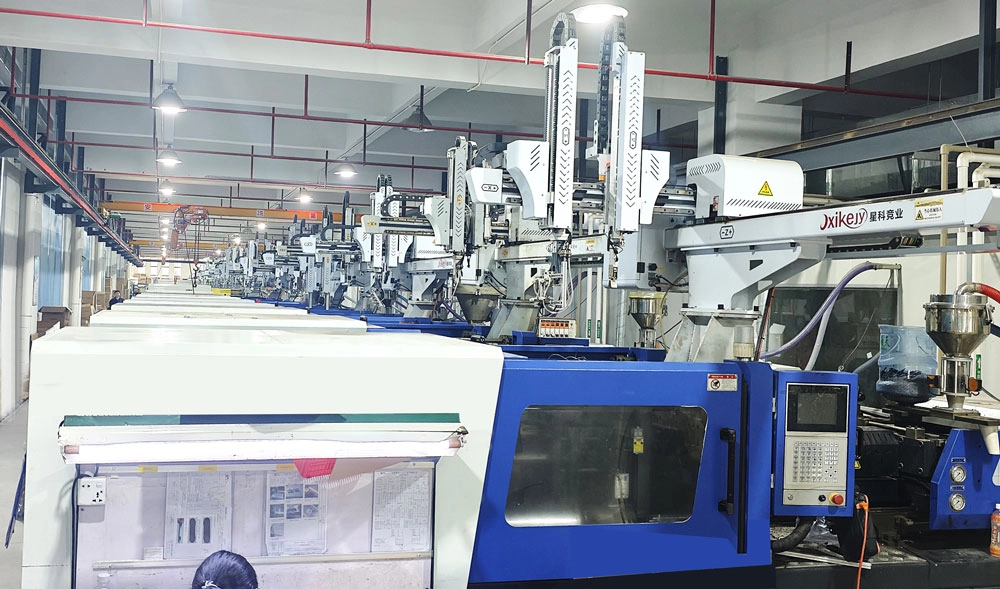The Growing Demand for Customized Consumer Electronics
Why Off-the-Shelf Solutions Fall Short in Modern Markets
The consumer electronics sector is advancing swiftly. Users now crave more tailored and robust devices. Off-the-shelf options frequently disappoint in meeting these desires. They often lack personalization, brand uniqueness, and flexibility for new advancements. Many companies find it tough to carve out a distinct presence in a crowded market. This happens because standard parts create uniformity across items. Moreover, pre-made electronics might not address specific operational needs. As a result, this leads to weaker user satisfaction and stifled creativity.

How Custom Electronic Design Addresses Unique Consumer Needs
Custom electronic design and product development allow firms to craft gadgets suited to precise market wants. This applies to specialized fields like wearable health tools or smart home systems. A bespoke method ensures devices blend cutting-edge innovations while fulfilling visual and practical demands. With features like IoT linkage, AI-powered controls, and refined downsizing, electronic product design projects are molding the future of consumer electronics. By teaming up with a consumer electronic design company, businesses tap into expert design services for electronic products. This keeps them ahead of emerging trends.
The Role of Electronic Design and Product Development in Innovation
From Concept to Reality: Key Stages of Custom Product Development
The path from an idea to a market-ready gadget involves several steps. It starts with brainstorming and possibility checks. Here, engineers evaluate technical needs and market potential. Once the concept gains approval, designers shift to circuit planning and model-building. Prototyping enables testing of electronic parts and spotting design issues early. After passing tests, the item moves to production. At this stage, injection molding electronics methods ensure top-notch output. Finally, growth factors are tackled to smooth out mass creation and supply flow.
Integrating Plastic Injection Molding for Enhanced Product Performance
Plastic injection molding for electronics is vital for item strength, appeal, and affordability. Many consumer electronics plastic parts, like phone shells and smart gadget cases, depend on exact molding. Using an electronic components mold ensures circuit boards and delicate hardware stay safe from outside harm. Additionally, advanced substances like fire-resistant plastics boost safety. This is especially true in high-heat uses. Injection molding electronics techniques offer budget-friendly answers for both limited and vast production runs.
Optimizing Consumer Electronics with Advanced Electronic Design
PCB Design and Miniaturization for Portable Electronics
Today’s consumer electronics value mobility and power savings. Small PCB layouts, with layered circuits and tiny controllers, are crucial for items like smartwatches, fitness bands, and wireless earphones. Electronic product design and manufacturing aim to cut energy use without hurting performance. Engineers use clever arrangement tactics to ensure smooth connections, low disruption, and better heat release. This results in more dependable and efficient portable electronics product design and development.
Material Selection: Balancing Aesthetics and Functionality
Picking the right substances is key in consumer electronics product development and design. Tough plastics like ABS, polycarbonate (PC), and medical-grade silicone lead to comfortable and sturdy items. ABS brings durability and cost savings, while PC offers clarity and heat resistance. This makes PC perfect for gadgets with LED screens. Medical-grade silicone suits wearables needing skin-friendly and bendable materials. A carefully planned material choice lifts both user enjoyment and rule compliance.
Plastic Injection Molding: A Game-Changer for Consumer Electronics
High-Precision Molds for Complex Electronic Components
The accuracy needed in electronic product development and design calls for highly precise molds. Advanced mold-making tech ensures parts hit tolerances as fine as 0.01mm. Such precision is critical for tiny electronics, where fit and alignment affect gadget performance. Plastic molding for electronics allows mass creation of intricate pieces without losing uniformity. Consumer electronics plastic parts made via injection molding electronics processes serve fields from healthcare tools to IoT uses.
Cleanroom Manufacturing for Medical and High-Standard Electronics
For medical wearables and top-tier electronics, cleanroom production is essential. Electronic components mold creation in controlled spaces ensures parts stay free of dirt and are finely crafted. Many consumer electronics design and manufacturers follow ISO 13485 rules. This ensures compliance with medical and safety norms. From UV cleaners to diagnostic gear, injection molding electronics processes uphold strict cleanliness and dependability standards.
Overcoming Challenges in Electronic Product Development
Ensuring Scalability Without Compromising Quality
Scaling production while keeping quality high is a big hurdle in electronic product development. Quick prototyping, mold refinement, and automated assembly lines boost manufacturing speed. Consumer electronic design companies use DFM (Design for Manufacturability) plans to cut production costs while maintaining excellent results. Plus, electronics plastic injection molding solutions help keep consistency across large batches.
Navigating Regulatory Compliance in Global Markets
Meeting global rules is vital for consumer electronics hitting worldwide markets. Items must earn marks like CE, FCC, and RoHS to ensure safety and eco-friendliness. Consumer electronics design and manufacturers team up with rule-making groups. They ensure materials, electrical safety, and signal compatibility meet global benchmarks. Clear records and strict testing steps ensure smooth market access.
Case Studies: Transformative Outcomes of Custom Design
Wearable Health Devices: Merging Electronics with Ergonomic Design
A top healthcare firm worked with a consumer electronic design company to build a wearable ECG tracker. By adding custom sensors and medical-grade plastics, the device gained top comfort, precision, and rule compliance. This effort showed how custom electronic product design can transform patient care with user-friendly innovation.
Smart Home Gadgets: Seamless Integration of Electronics and Injection-Molded Housings
A smart home brand turned to electronic design and product development services for a voice-activated device. Using plastic injection molding for electronics, they created a heat-proof, fire-safe casing. The end result blended toughness and utility perfectly. It set new standards in smart home creativity.
Partnering with the Right Consumer Electronics Design Company
Key Criteria for Selecting a Design and Manufacturing Partner
Choosing the best partner in electronic product design and manufacturing is critical for project wins. A solid firm should offer full-cycle development, from prototyping to part sourcing and assembly. Skills in injection molding electronics and strong supply links ensure speed and savings. Open communication and sticking to global compliance rules further improve the process.
Silkbridge: Your Partner in Custom Electronic Design and Assembly
Silkbridge Electronic Technology is a top consumer electronics design company excelling in full product creation. With know-how in plastic injection molding for electronics and advanced PCB design, Silkbridge delivers high-quality, scalable answers. Their ISO 13485-certified cleanrooms and precise mold-making skills ensure top production levels for wearables, IoT gadgets, and smart electronics. As a trusted name in electronic product design and development, Silkbridge helps brands turn fresh ideas into market-ready hits efficiently.
FAQs About Custom Electronic Product Development
How does custom electronic product design reduce time-to-market for consumer gadgets?
By speeding up prototyping, using fast PCB creation, and refining design for manufacturability, custom electronic product design cuts production timelines and delays.
What role does plastic injection molding play in cost-effective electronics manufacturing?
Plastic injection molding allows mass creation of tough, precise electronic casings at lower costs. It ensures uniformity and design flexibility.
Can custom design services accommodate small-batch production for niche markets?
Yes, adaptable manufacturing and quick prototyping enable efficient small-batch runs for specialized consumer electronics.
How are medical-grade plastics integrated into wearable electronics?
Medical-grade plastics ensure skin safety, toughness, and health rule compliance. They’re ideal for smart medical gadgets.
What certifications should a consumer electronics design company hold for global sales?
Key marks include CE, FCC, ISO 9001, and ISO 13485 for quality, safety, and rule compliance across markets.
How do you ensure quality control in electronic assembly and molding processes?
Thorough testing, automated checks, and sticking to industry norms maintain precision and reliability in production.
Ready to lift your next consumer electronics project? Contact Silkbridge today for a free consultation at contact@silkbridgeltd.com or reach out via WhatsApp: https://wa.me/8618122838771. Let’s bring your electronic innovations to life!







